- Home
- Company
- Our Services
Odoo Services
ERP Services
- Odoo Apps
- Our Industries
- Locations
- Resources
- Contact us
Call us today!
+91 93422 58771
- Home
- Company
- Our Services
Odoo Services
ERP Services
- Odoo Apps
- Our Industries
- Locations
- Resources
- Contact us
Call us today!
+91 93422 58771
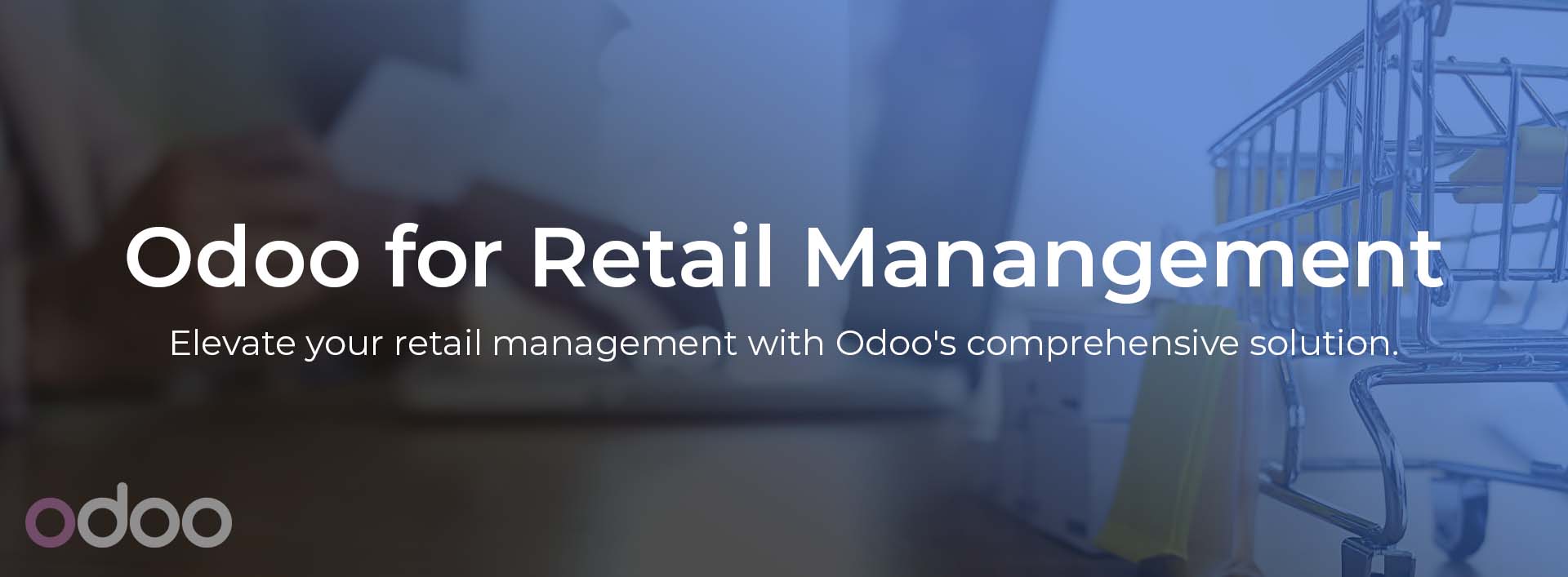
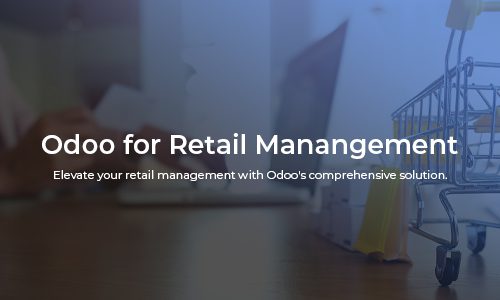
Banibro is the go to option for companies looking to streamline their operations because it specializes in offering complete Odoo solutions designed especially for the retail sector. Our experience includes specialized markets like Odoo for pharmacy retail, where we provide features and modules specifically designed to handle pharmaceutical inventory, prescriptions, and compliance with ease. Furthermore, our Odoo services cover industrial management in addition to retail, offering a comprehensive solution for companies trying to optimize their operations in several industries. You can improve supply chain optimization, sales tracking, and inventory management with Banibro’s Odoo for Retail, giving you a competitive edge in the market. Discover the limitless potential of Odoo in conjunction with Banibro to revolutionize your industrial and retail management procedures.
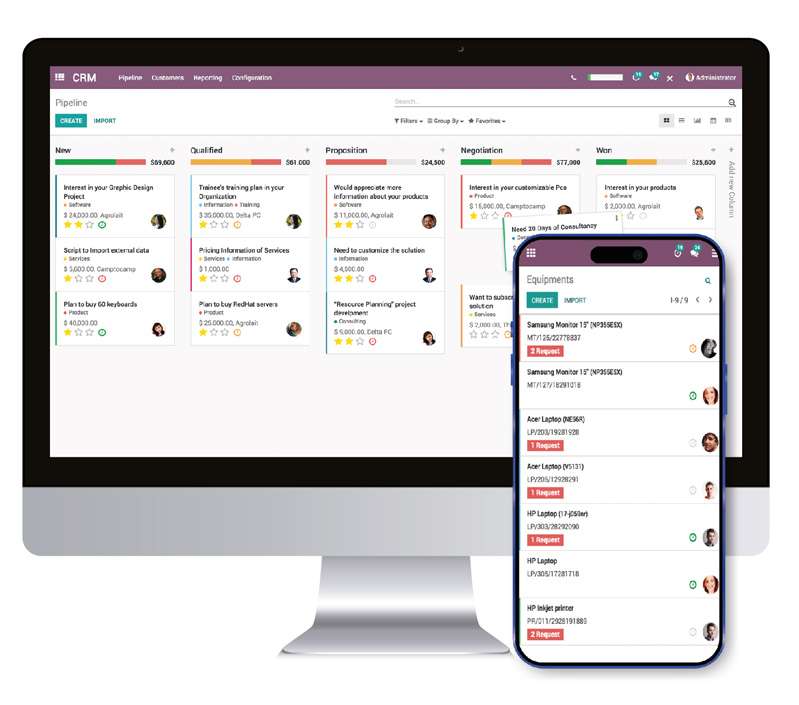







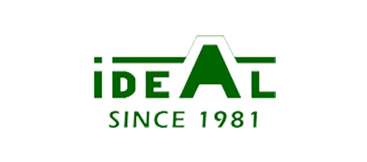

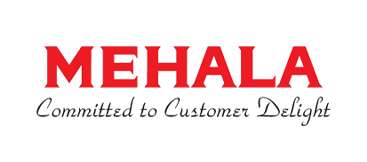
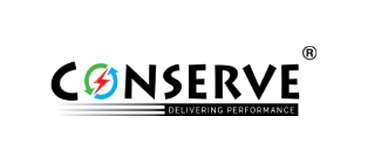


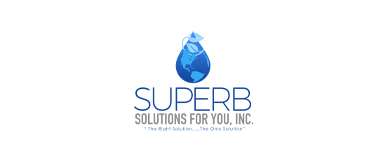

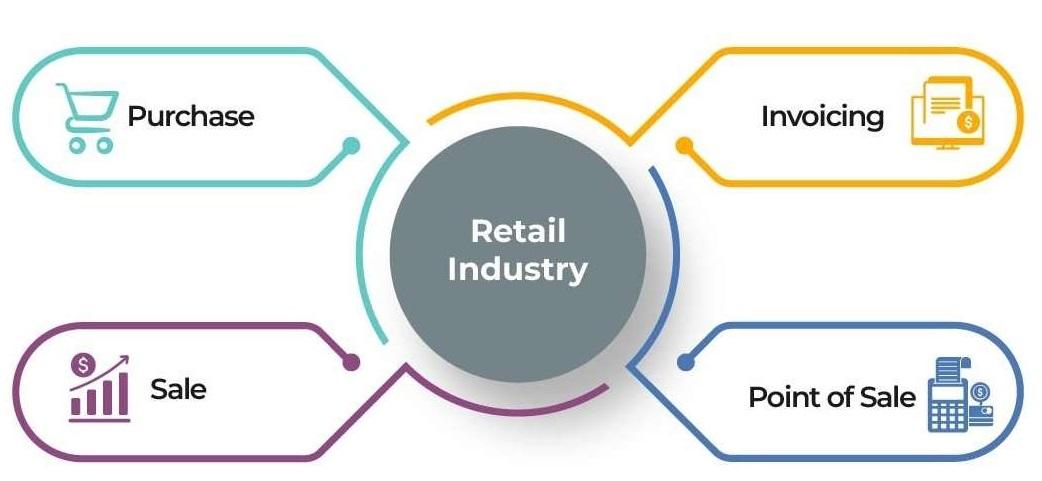
Simplify procurement processes, manage vendor relationships, and optimize purchasing with our Purchase Management module for retail industry ERP
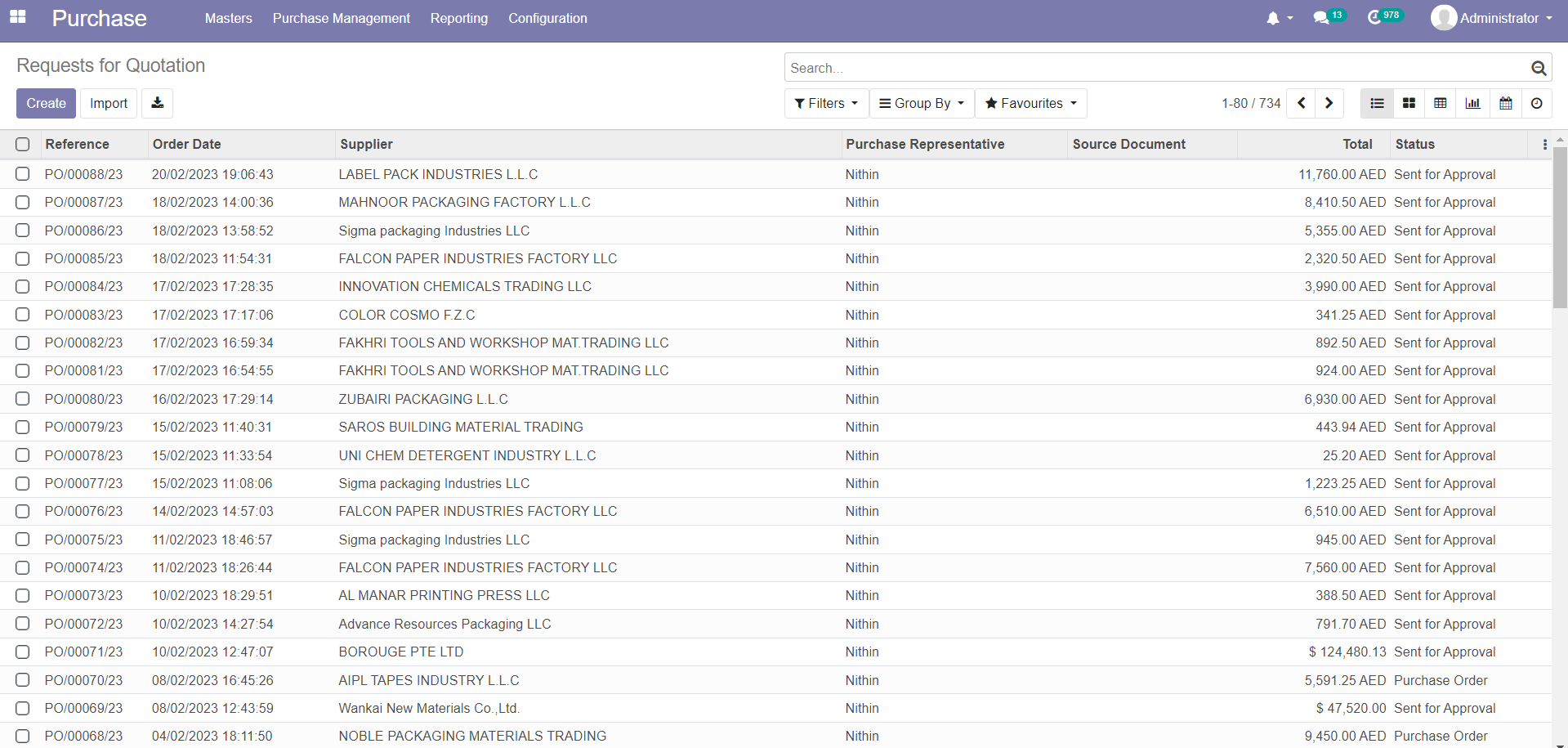
Boost sales performance, track customer interactions, and drive revenue growth with our Sales Management module for retail industry ERP

Manage your invoices effectively with our ERP invoice management system module

Efficiently manage sales at the point of sale, optimize customer experiences, and drive revenue growth with our Sales Management module for retail POS-ERP


Retail-based ERP systems offer several benefits, including improved inventory management, increased efficiency, better customer service, reduced operating costs, and better decision-making capabilities.
An ERP system for logistics companies should have features such as transportation management, warehouse management, inventory control, order management, billing and invoicing, financial management, and reporting and analytics.
A retail-based ERP system can help manage inventory by automating processes such as stock tracking, replenishment, and forecasting, ensuring that the right products are available at the right time and in the right quantities.
Supply chain management is an important component of a retail-based ERP system, as it helps retailers manage the flow of goods from suppliers to customers. With an ERP system, retailers can streamline processes such as procurement, logistics, and transportation, improving supply chain efficiency and reducing costs.
A retail-based ERP system can help manage financial processes such as accounting, billing, and invoicing, providing retailers with accurate and timely financial data. This helps retailers make informed financial decisions and improve overall business performance.
Customer relationship management is an essential component of a retail-based ERP system, as it helps retailers manage customer data, track customer interactions, and improve customer service. With an ERP system, retailers can better understand their customers’ needs and preferences, leading to increased customer satisfaction and loyalty.
Yes, a retail-based ERP system can integrate with other software systems, such as e-commerce platforms, marketing automation tools, and business intelligence software. This helps retailers gain a holistic view of their business and make more informed decisions.
The cost of a retail-based ERP system can vary depending on the size and complexity of the business, the features included, and the vendor selected. However, the investment in a retail-based ERP system can provide significant returns by improving business efficiency, reducing costs, and increasing revenue.
The implementation time for a retail-based ERP system can vary depending on the complexity of the business and the features included. Typically, implementation can take several months to a year, including data migration, testing, and training.
Most ERP vendors provide support and training for their systems, including implementation, configuration, and ongoing maintenance. This can include onsite training, webinars, and online resources such as user manuals and knowledge bases.